I feel unknown when a question is more of an excuse to make it about them.
I feel known when I have an idea and someone wants to understand it.
I feel unknown when I have an idea and I feel judged, dismissed and/or pigeonholed.
I feel known when someone wants to know why I act a certain way, ie. what my thoughts and feelings are that contributed to my behavior.
I feel unknown when my behavior is responded to in a vacuum.
I feel known when there is space to explore and live in possibility.
I feel unknown when someone assumes I think and feel a certain way based on the past.
When I am holding court, I can be incredibly judgmental and opinionated. I can make sweeping generalizations and assumptions, eradicating the possibilities of the other. I know this about myself. I don't like this about myself. I am working on this and will continue to do so.
When I slow down and connect and choose openness over avoidance, I can be expansive and sensitive and make others feel understood, loved and accepted.
I was inspired by the recent U.S. presidential election to work on getting out of the red when it comes to dealing with people with different political beliefs. That's another work in progress.
Love After Kids and my clinical work have inadvertently helped to hold me accountable with respect to my relationship with my own wife and kids. Again, it doesn't mean that I don't make mistakes. It does mean that I am more aware and willing to question my own behaviors, to work on moving from the red to the blue.
Parenting Exercise
- First, try making a list of strongly held beliefs that you have about who your children are and how you think they should be.
- Second, for each item on your list, ask yourself why you believe it.
- Third, what do you say and do to your children to reinforce these beliefs?
- Fourth, how do you think this impacts them?
- Fifth, is there anything you can do differently that could give them more space to express themselves?
Relationship Exercise
- First, try making a list of strongly held beliefs that you have about who your partner is and how you think they should be.
- Second, for each item on the list, ask yourself why you believe it.
- Third, what do you say and do to your partner to reinforce these beliefs?
- Fourth, how do you think this impacts them?
- Fifth, is there anything you can do differently that could give them more space to express themselves?

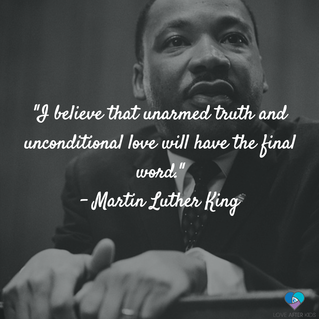
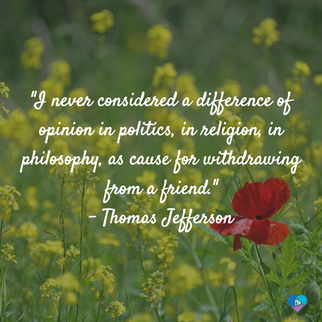
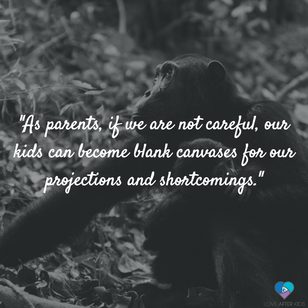
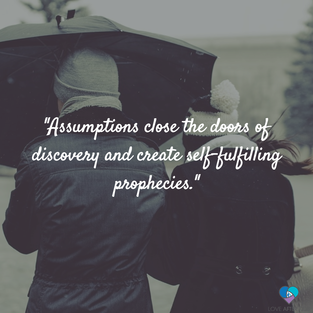
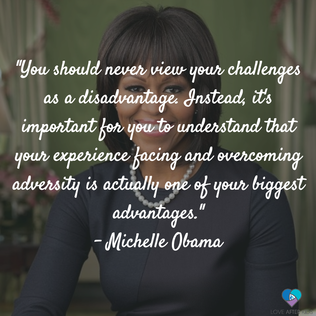
 RSS Feed
RSS Feed